Indian-origin VC’s post on returned NRIs investing in real estate sparks debate
Industry surveys show that more than half of NRI investors now prefer commercial real estate in India, citing higher returns and improved transparency compared to past years.
 Debarghya (Deedy) Das / X (@deedydas)
Debarghya (Deedy) Das / X (@deedydas)
California-based Indian-origin venture capitalist Debarghya (Deedy) Das triggered an online debate after commenting on the growing trend of Indians returning from abroad and investing in high-value property at home.
In a post on X (formerly Twitter), Das wrote: “Indians are making millions of dollars in the US and coming back home more than ever before. They're buying property 99 percent of salarymen in India couldn't afford in a lifetime all while keeping the US option open. It's hard to financially justify never leaving the country.”
The remark set off a wave of criticism, ranging from accusations of elitism to concerns about the economic impact of such cross-border mobility. When accused of encouraging brain drain, Das responded: “I have no such agenda. I post these things because I have many conversations with friends who debate this and to me the answer is quite clear. If you don’t want to, don’t!”
Indians are making millions of dollars in the US and coming back home more than ever before.
— Deedy (@deedydas) August 20, 2025
They're buying property 99% of salarymen in India couldn't afford in a lifetime all while keeping the US option open.
It's hard to financially justify never leaving the country. pic.twitter.com/3xNcwFzppp
The thread also attracted criticism from U.S.-based users. One wrote: “It’s very disturbing that Indians come to our country, reap its rewards, and then return home to enrich India.” Das countered that this was not unique to India: “They pay taxes for the time they’re here and help build the economy. In many cases, they’re not even permanent residents or citizens so legally this would be the default.”
Another user described the practice as “arbitrage” that hurts both the host and origin countries. Das rejected that conclusion, saying, “For the host country, you get to meet your demand for labor and bring in global talent to build your companies, grow your economy, and get net new tax dollars. For the origin country, you initially lose talent but bring back investment via remittance and spending power.”
Some voices, however, supported his view, noting that cross-border careers have helped many Indians build wealth abroad while channeling capital and expertise back into the country. One commenter wrote that the cycle of earning in dollars and investing in India has become “a key driver of urban growth and innovation, especially in housing and infrastructure.”
The discussion has drawn attention to the widening gap in India’s property market, where NRI inflows are driving demand for premium residential and commercial projects, particularly in Bengaluru, Hyderabad, Mumbai, and the Delhi region.
Industry surveys indicate that more than half of NRI investors now prefer commercial real estate, citing higher yields and improved transparency compared to previous decades. A rising trend is fractional ownership—where investors purchase shares in high-value commercial properties—which has already crossed USD 1 billion in value.
Developers are increasingly tailoring offerings to returning professionals, emphasizing international-standard amenities such as smart-home features, wellness infrastructure, and sustainable design. Projects are also being marketed directly to overseas Indians considering relocation or hybrid living arrangements.
Das, who invests in AI, SaaS, and infrastructure at Menlo Ventures, has long used social media to spark discussion at the intersection of technology, immigration, and wealth creation.
ADVERTISEMENT
ADVERTISEMENT
E Paper
Video




 Malvika Choudhary
Malvika Choudhary


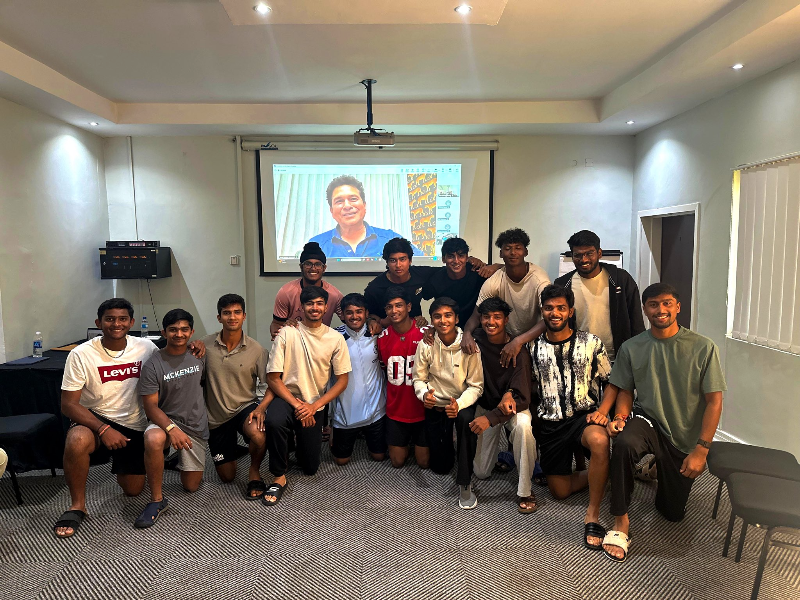
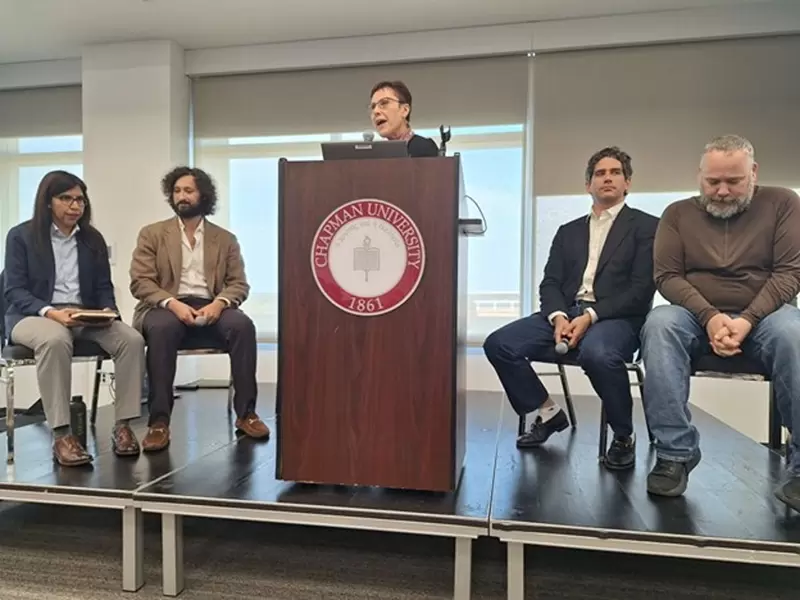

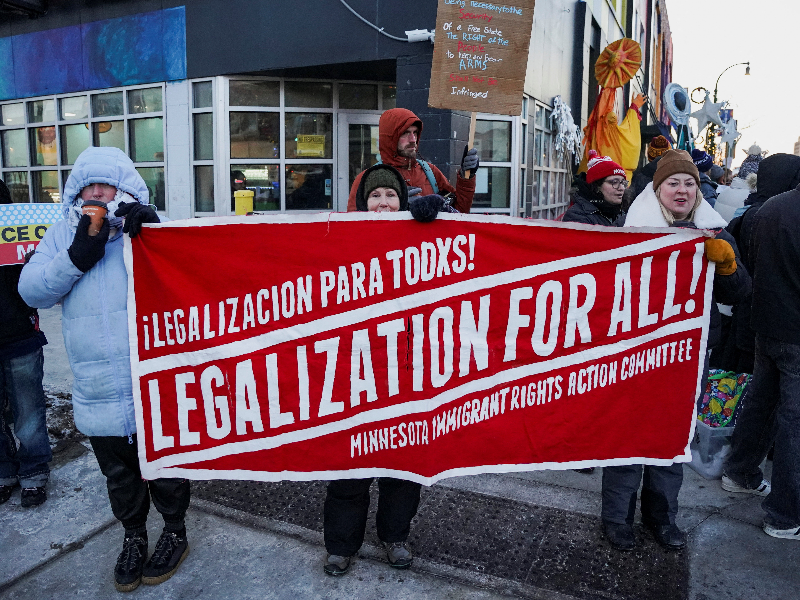


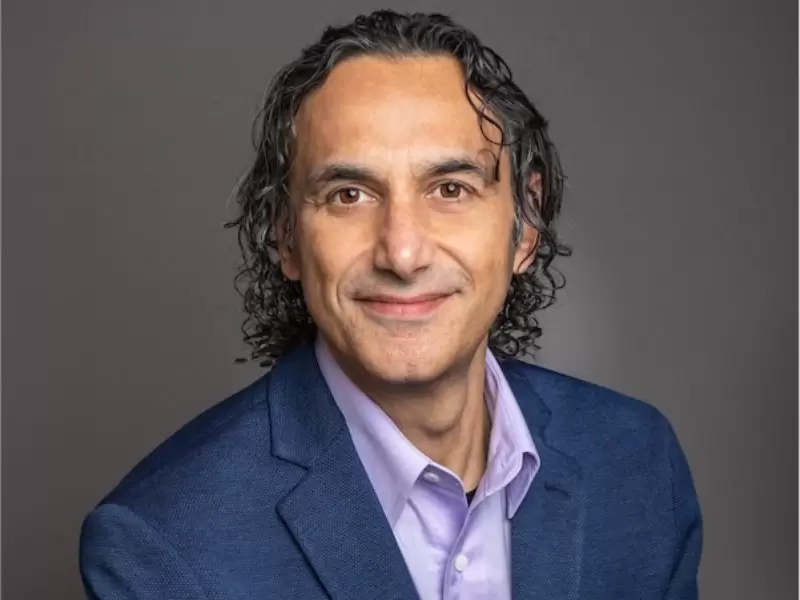
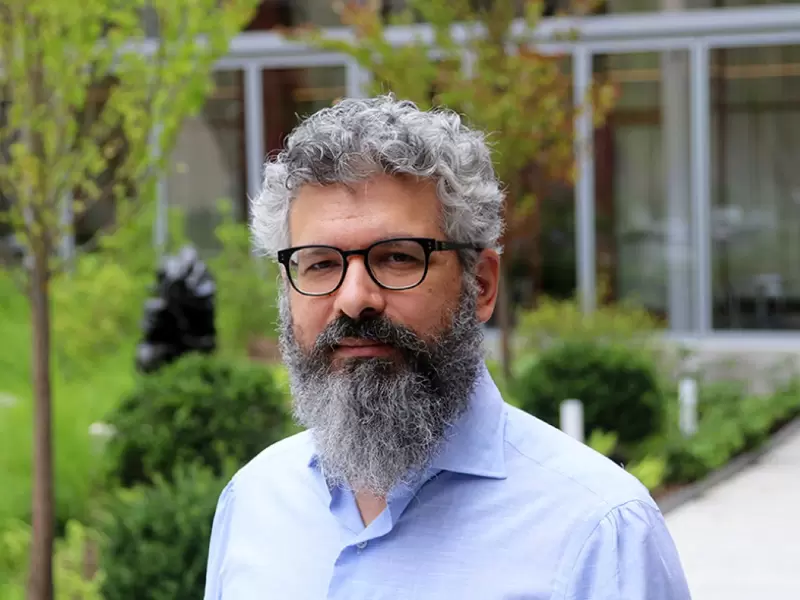
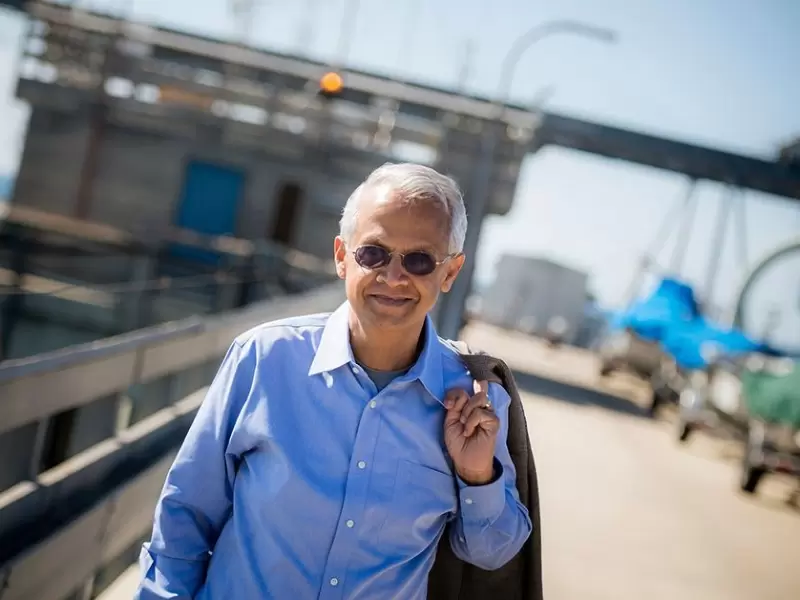


Comments
Start the conversation
Become a member of New India Abroad to start commenting.
Sign Up Now
Already have an account? Login